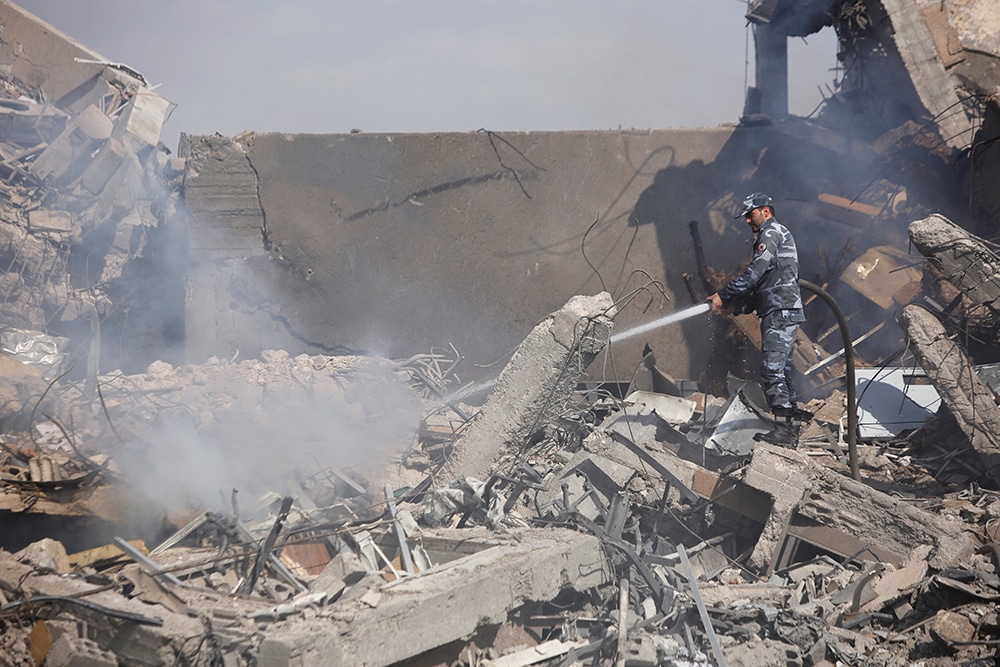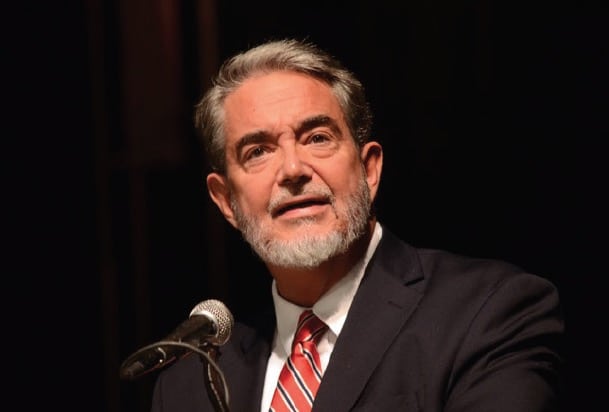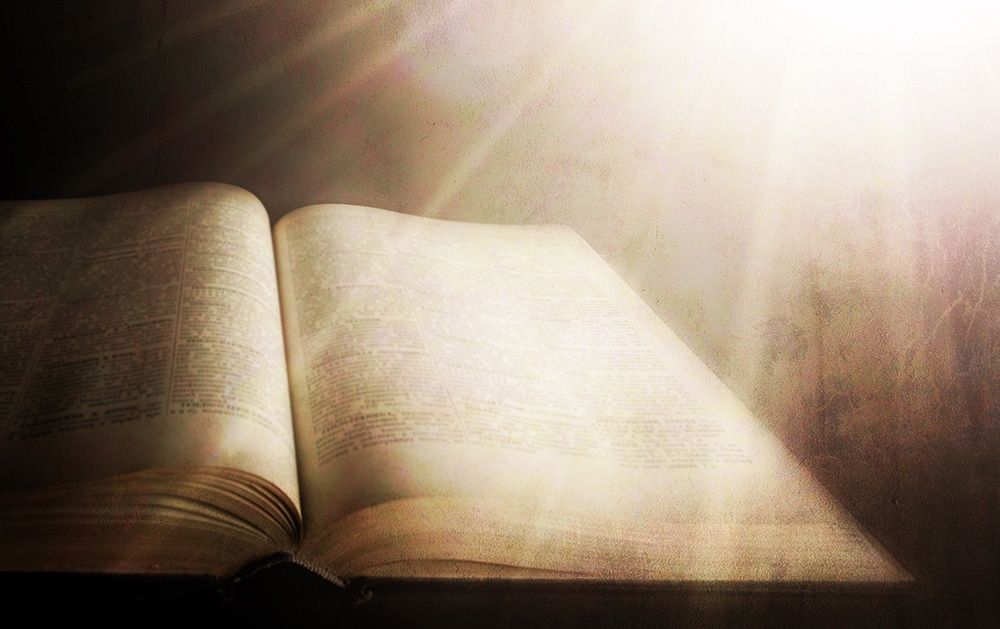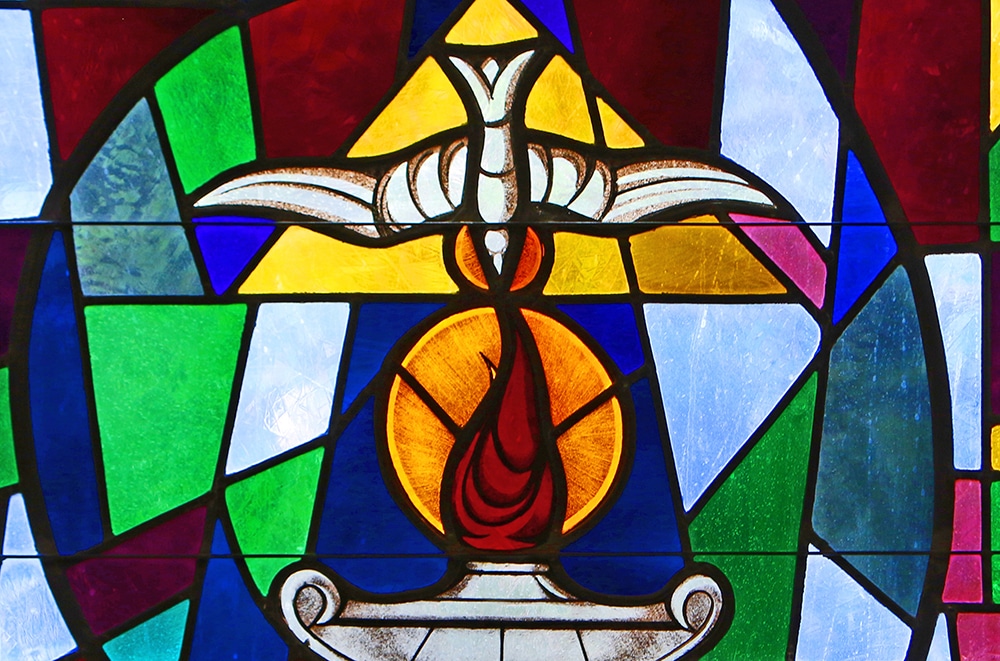The Middle East was the birthplace of Christianity and has been, down through the ages, the greatest source of Christian martyrs. In recent decades, as the plight of Christians in the Middle East largely has been ignored by the West in the pursuit of a new international vision for the area — indeed, as the very existence of Middle Eastern Christians has been all but forgotten — martyrdom is once again on the rise.
That reality provides the context to a remarkable ecumenical statement issued by the Greek Orthodox Patriarch of Antioch and All the East, the Syrian Orthodox Patriarch of Antioch and All the East, and the Melkite-Greek Catholic Patriarch of Antioch, Alexandria and Jerusalem in the wake of the bombing of Syria by the United States, France and the U.K. in the early morning hours of April 14 (local time). Condemning the attack, the three patriarchs declared that, “This brutal aggression destroys the chances for a peaceful political solution and leads to escalations and more complications.”
Their words call to mind Pope St. John Paul II’s address to the Vatican diplomatic corps on Jan. 13, 2003, as a coalition of Western powers, led by the United States, prepared to attack Iraq. Then, as now, the justification was the supposed stockpiling and potential use of chemical weapons, among other “weapons of mass destruction”; then, as now, the target was a brutal secularist regime that had, nevertheless, a long history of protecting the Christian minority in its country.
Many Iraqi Christian opponents of Saddam Hussein nevertheless opposed the war, fearing that conditions for Christians in a post-Saddam Iraq would be intolerable. Their fears were proved correct. Since 2003, the number of Christians in Iraq has been cut by more than half, and in some estimates by as much as 75 percent; of the Iraqi Christians who escaped death, many fled to Syria to seek asylum under the government of Bashar al-Assad.
Now, the three patriarchs fear a similar fate for the Christians of Syria, who have already faced brutal martyrdom at the hands of ISIS and other Islamic insurgents since March 2011.
“War,” Pope John Paul II reminded the diplomatic corps in January 2003, “is not always inevitable. It is always a defeat for humanity. … [W]ar cannot be decided upon, even when it is a matter of ensuring the common good, except as the very last option and in accordance with very strict conditions, without ignoring the consequences for the civilian population both during and after the military operations.”
War, it has been said, is a failure of imagination — a product of our inability to see our way to a peaceful future. That is the optimistic view. In recent decades, military action too often has been a continuation of domestic politics by other means, with members of each political party approving aggression that they would condemn if the other party were in power. No consideration for the complexities of human life — no understanding, for instance, of why the Christian patriarchs of Syria would prefer to continue living under a brutal regime to the chaos and martyrdom of Syrian Christians that likely is to follow its fall — enters into those political calculations.
The patriarchs began their statement by citing a short hymn from the Liturgy of St. John Chrysostom for the feast of the Nativity, reminding those who read their words that the Incarnation fundamentally has changed the way we are meant to live in this world: “God is with us; Understand all ye nations and submit yourselves!” May we join our prayers with theirs “for the safety, victory and deliverance of Syria” — and all nations — “from all kinds of wars and terrorism.”
God is with us.







